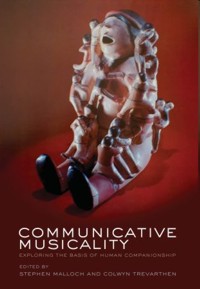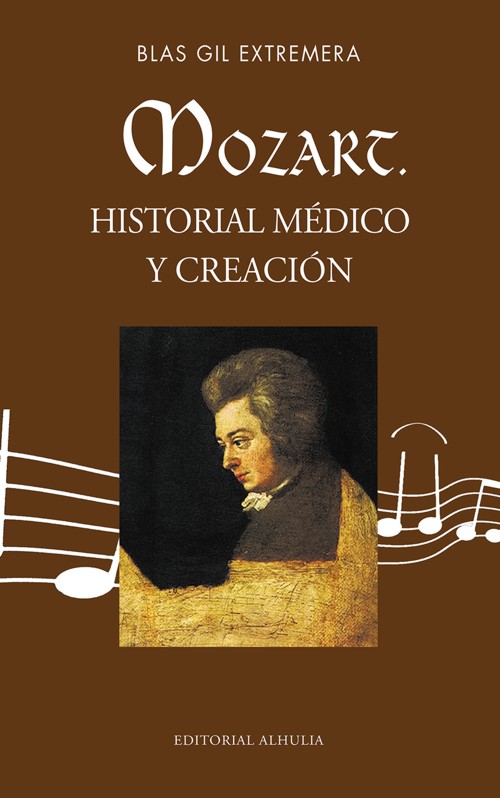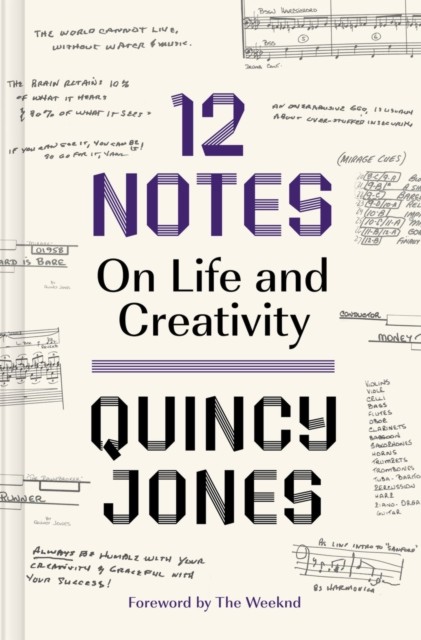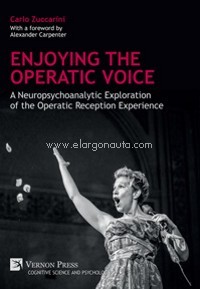
Communicative Musicality: Exploring the basis of human companionship
Malloch, Stephen
;Trevarthen, Colwyn
Oxford University Press. 2010Ficha técnica
- EAN: 9780199588725
- ISBN: 978-0-19-958872-5
- Editorial: Oxford University Press
- Fecha de edición: 2010
- Encuadernación: Rústica
- Dimensiones: 17,6x24,1
- Idioma: Inglés
- Nº páginas: 656
Impresión bajo demanda
Disponibilidad sujeta a la información del editorPVP. 107,90€
Añadir a la Lista de deseos
'Communicative Musicality' explores the intrinsic musical nature of human interaction. The theory of communicative musicality was developed from groundbreaking studies showing how in mother/infant communication there exist noticeable patterns of timing, pulse, voice timbre, and gesture. Without intending to, the exchange between a mother and her infant follow many of the rules of musical performance, including rhythm and timing.
This is the first book to be devoted to this topic. In a collection of cutting-edge chapters, encompassing brain science, human evolution, psychology, acoustics and music performance, it focuses on the rhythm and sympathy of musical expression in human communication from infancy. It demonstrates how speaking and moving in rhythmic musical ways is the essential foundation for all forms of communication, even the most refined and technically elaborated, just as it is for parenting, good teaching, creative work in the arts, and therapy to help handicapped or emotionally distressed persons.
A landmark in the literature, 'Communicative Musicality' is a valuable text for all those in the fields of developmental, educational, and music psychology, as well as those in the field of music therapy.
CONTENIDO:
1: Stephen Malloch & Colwyn Trevarthen: Musicality: communicating the vitality and interests of life
Part 1 - The Origins and Psychobiology of Musicality
2: Ellen Dissanayake: Root, leaf, blossom, or bole: concerning the origin and adaptive function of music
3: Per Aage Brandt: Music and how we became human: a view from cognitive semiotics - exploring imaginative hypotheses
4: Bjorn Merker: Ritual foundations of human uniqueness
5: Ian Cross & Iain Morley: The evolution of music: theories, definitions and the nature of the evidence
6: David N Lee & Benjamin Schögler: Tau in musical expression
7: Jaak Panksepp & Colwyn Trevarthen: The neuroscience of emotion in music
8: Robert Turner & Andreas A Ioannides: Brain, music and musicality: inferences from neuroimaging
Part 2 - Musicality in Infancy
9: Katerina Mazokopaki & Giannis Kugiumutzakis: Infant rhythms: expressions of musical companionship
10: Niki Powers & Colwyn Trevarthen: Voices of shared emotion and meaning: young infants and their mothers in Scotland and Japan
11: Patricia Eckerdal & Bjorn Merker: 'Music' and the 'action song' in infant development: an interpretation
12: Benjamin S Bradley: Early trios: patterns of sound and movement in the genesis of meaning between infants
13: Helen Marwick & Lynne Murray: The effects of maternal depression on the 'musicality' of infant-directed speech and conversational engagement
14: Maya Gratier & Gisèle Apter-Danon: The improvised musicality of belonging: repetition and variation in mother-infant vocal interaction
Part 3 - Musicality and Healing
15: Nigel Osborne: Music for children in zones of conflict and post-conflict: a bio-psycho-social paradigm
16: Mercédès Pavlicevic & Gary Ansdell: Between communicative musicality and collaborative musicing: a perspective from community music therapy
17: Jacqueline Robarts: Supporting the development of mindfulness and meaning: clinical pathways in music therapy with a sexually abused child
18: Karen E Bond: The human nature of dance: towards a theory of aesthetic community
19: Tony Wigram & Cochavit Elefant: Therapeutic dialogues in music: nurturing musicality of communication in children with autistic spectrum disorder and Rett syndrome
Part 4 - Musicality of Learning in Childhood
20: Frederick Erickson: Musicality in talk and listening: a key element in classroom discourse as an environment for learning
21: Nicholas Bannan & Sheila Woodward: Spontaneity in the musicality and music learning of children
22: Charlotte Fröhlich: Vitality in music and dance as basic existential experience: application in teaching music
23: Lori A Custodero: Intimacy and reciprocity in improvisatory musical performance: pedagogical lessons from adult artists and young children
Part 5 - Musicality in Performance
24: Ellen Dissanayake: Bodies swayed to music: the temporal arts as integral to ceremonial ritual
25: Nigel Osborne: Towards a chronobiology of music
26: Jane Davidson & Stephen Malloch: Musical communication: the body movements of performance
27: Helena Maria Rodrigues, Paulo Maria Rodrigues & Jorge Salgado Correia: Communicative musicality as creative participation: from early childhood to advanced performance
Recently Viewed






